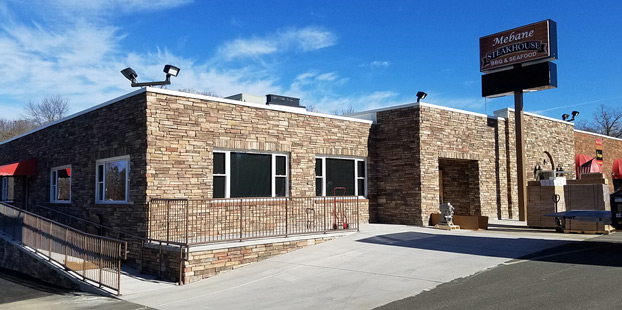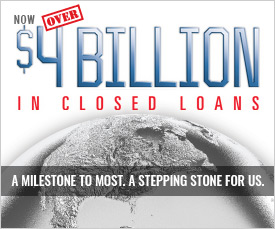 No lending institution will grant a loan to finance an environmentally-risky property — and for good reason.
No lending institution will grant a loan to finance an environmentally-risky property — and for good reason.
Private lenders are typically willing to take on some risk where more traditional funding avenues don’t and won’t. So it’s more likely that you will find one willing to finance a property with environmental risks. Rehabilitating a contaminated property is time-consuming, exorbitantly expensive and guided by multiple regulations on the federal and state level. These obstacles for the potential borrower become issues but can be resolved by a private lender.
Environmental Protection Agency regulations require a property owner to clean up whatever environmental hazards may be present — even if the property owner didn’t cause the contamination. These remediation efforts could range from digging up old oil tanks to remediating soil contaminated with lead or another poisonous material.
These cleanups are not simple. Whether the site is a “brownfield” — of which there are more than 450,000 in the United States — or an extremely-contaminated Superfund site which are notorious for their decades-long remediation process. For private lenders, the gamble is simply too great to take on a property that may not even be usable.
Since a borrower may not even be able to develop the property, particularly in situations where severe contamination is present, these new property owners can’t generate any revenue to repay their loan.
More importantly, though, is the sheer amount of money it takes to get a contaminated property up to code before it can be used. Cleanup fees can easily climb into the hundreds of thousands, and it’s common for remediation costs to reach the millions. That’s a tremendous amount of money for the potential new buyer to spend before the property even begins to turn a profit.
The very future of the property hangs in the balance when land is tainted or when tackling a complicated remediation — and with that goes the promise of profit. That’s why Kennedy Funding requires a Phase I Environmental Site Assessment (ESA) before considering an application. This assessment is an analysis of the property’s past use to determine if contamination could be present. For example, a Phase I review could discover that the property in question used to be a dry cleaning facility, which could indicate that dry cleaner solvents seeped into the soil.
According to Kevin Wolfer, CEO of Kennedy Funding, a Phase I ESA is important for ensuring that the property in question will not face these massive financial commitments and time delays. It lays the groundwork for a candid and transparent conversation so that these risks can be properly assessed and addressed. If the assessment identifies a potential issue, a Phase II Environmental will be required.
“The bottom line for hard money lenders… is that borrowers, their consultants and brokers are fully transparent about all of the circumstances that might affect the deal, so that the lender is in the best position to find a loan solution that works,” Wolfer said. “Hard money lenders, however, do not like to be surprised during the due-diligence period, particularly if a borrower has previously assured that there are no issues.”
About Kennedy Funding
Kevin Wolfer is CEO/president of Kennedy Funding, a large nationwide direct private lender based in Englewood Cliffs, NJ.
Kennedy Funding, specializes in bridge loans for commercial property and land acquisition, development, workouts, bankruptcies, and foreclosures. The principals of the company have closed more than $2.5 billion in loans to date. The firm’s creative financing expertise enables the closing of equity-based loans of up to a 75% loan-to-value ratio, from $1 million to more than $50 million, in as little as five days, including just two days for commitment and just days to subsequently close.







